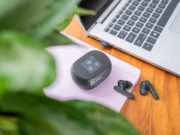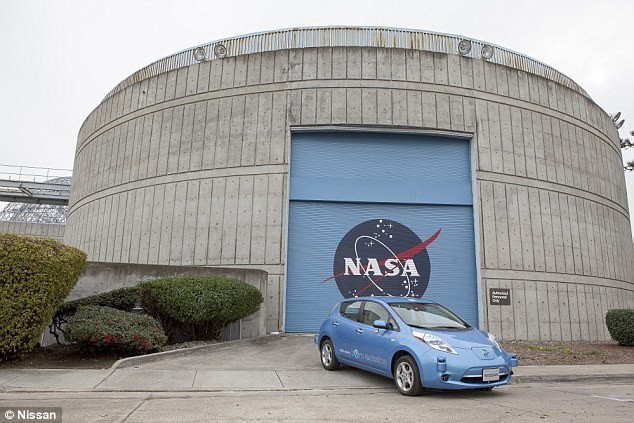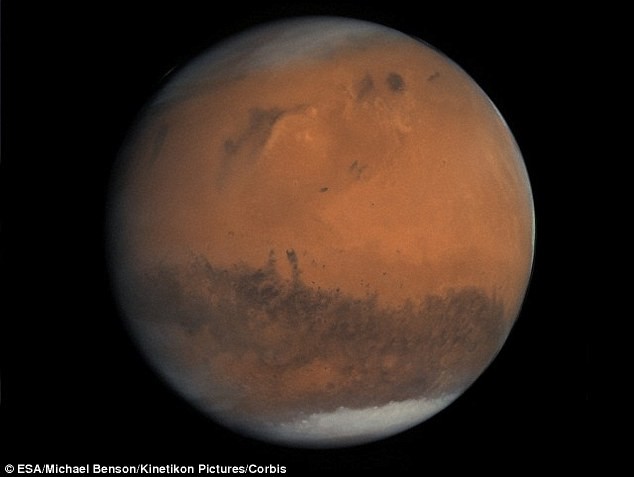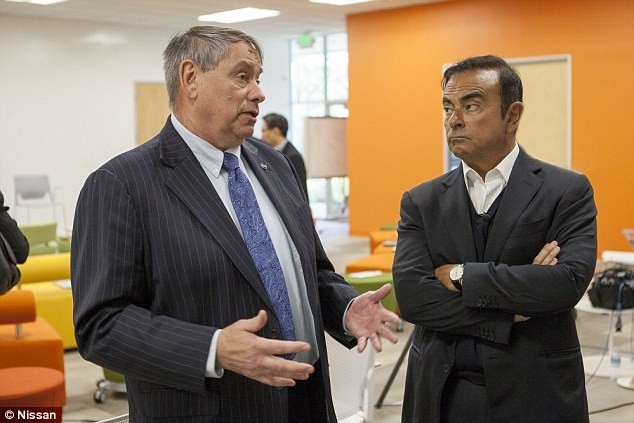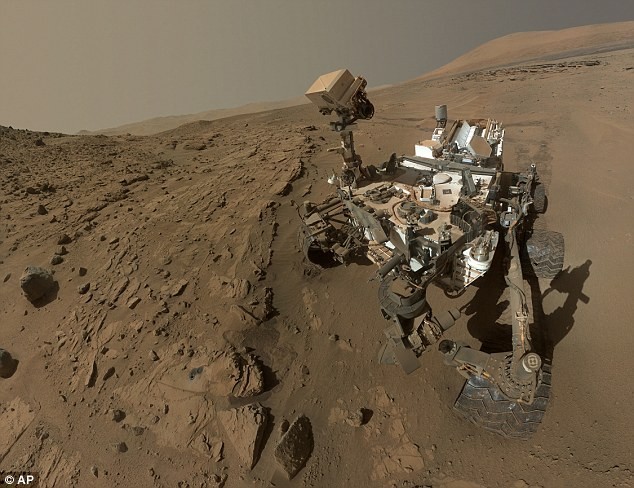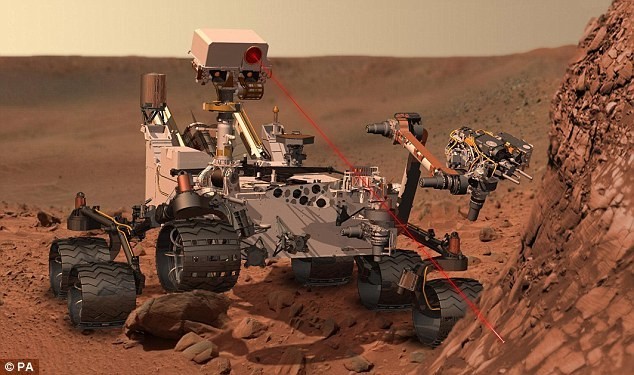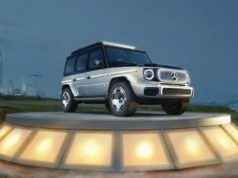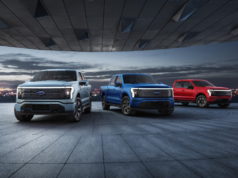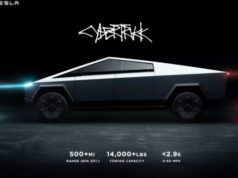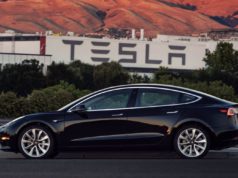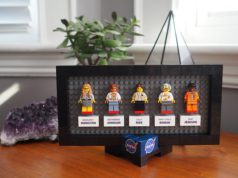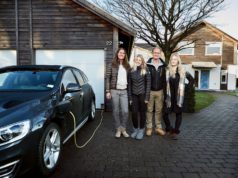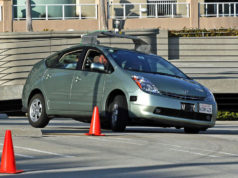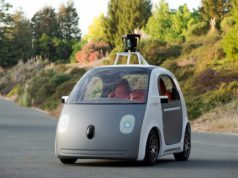NASA and well-known Japanese car maker Nissan, have teamed up to create an autonomous vehicle to use on this planet, but also on other planets. The team of scientists from both Nissan and NASA, have decided to work together, on a 5 year plan to devise an autonomous vehicle technology at NASA’s Ames Research Center. This center is also the abode to Moffett Field, where Google is testing its self-driving auto prototypes. Soon the two will call up a fleet of zero-emission robotic cars, which may be Nissan Leafs (as in the photo above). We can expect to hear about the test drive results, sometime this year.
Nissan has tested self-driving cars for a while, such as the testing in 2013 of an autonomous Leaf in Japan. NASA’s CEO believes that they can create a more reliable human-machine interface. And while taking a few pointers on how self-driving technology can be used in other vehicles, autonomous rovers, driving on Mars may appear sooner than you think.









